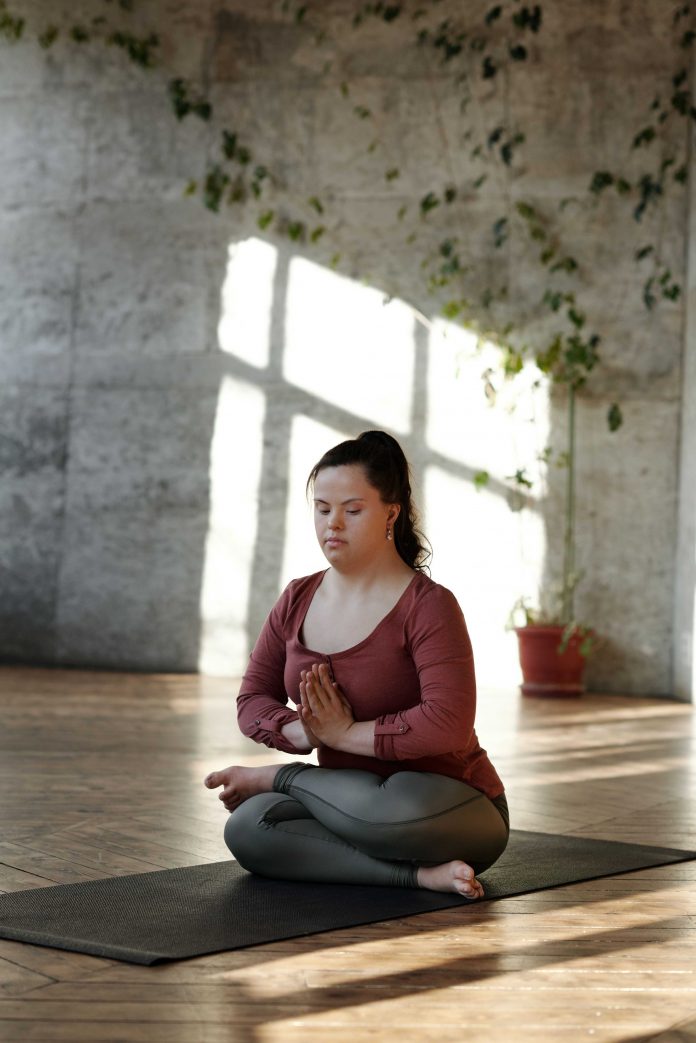As the second wave of the corona virus decreases on Aruba, the focus on recovery is becoming more and more imperative. Recovery not only of the economy, but recovery of our lives, our work environment, and our schools. Since March, when COVID-19 reached the island, we have been in quarantine, isolation, and lockdown. Many said “life as we know it will never be the same, welcome to the new normal”. The impact of this pandemic has not only been economical and financial, but it has increased social issues within our communities. Local NGOs expressing that there is more hunger, more domestic abuse, and more mental health issues amongst our people. Recovery for Aruba and the world will not only be about generating income and paying bills, but about survival within ourselves.
Complete recovery on all fronts is what our focus should be on. Recovery in regaining peace of mind, recovery in diversifying our economy, recovery in increasing the health and well-being of our people, recovery in providing our children the education and social interaction they need to develop, recovery in being able to see our loved ones and spending time with each other. Recovery of this pandemic will be a challenge, but we cannot push it aside, because it will cost us too much.
On October 10th 2020 we celebrate World Mental Health Day. This year more than ever, the importance of shedding light on this matter is central to creating awareness and advocating to the needs of many within our community. Last week we also celebrated the 5th anniversary of the Sustainable Development Goals (SDGs) which focusses on elevating human development through all aspects of life, including our health and well-being. COVID-19 has forever impacted the lives of this world and many people are suffering in silence. The World Health Organization (2020) acknowledges that “the past months have brought many challenges: for health-care workers, providing care in difficult circumstances, going to work fearful of bringing COVID-19 home with them; for students, adapting to taking classes from home, with little contact with teachers and friends, and anxious about their futures; for workers whose livelihoods are threatened; for the vast number of people caught in poverty or in fragile humanitarian settings with extremely limited protection from COVID-19; and for people with mental health conditions, many experiencing even greater social isolation than before. And this is to say nothing of managing the grief of losing a loved one, sometimes without being able to say goodbye” (n.p).
However, many studies confirm the breakthrough role of creativity in this pandemic. The use of creativity in how we deal with the crisis on a personal level, academic level, business level, and governance level. Thinking outside the box to solve everyday issues and help us transition to this new normal. Creativity can thus have an impact on many aspects of life, but for now we will focus on the following three areas:
• The psychology of creativity in times of crises (e.g., personality factors, motivations, emotions, positive thinking, resilience, creative adaptability, well-being, and life-satisfaction); dealing with restrictions (e.g., island lockdown), stress, boredom, education, work, dealing with fear, anxiety, and depression;
• Creativity and resilience in helping local NGOs adapt to the current and upcoming changes posed by COVID-19 and help deal with the increased socio-economic need within our society;
• Creativity in times of crisis and its influence on innovation and sustainability (e.g. digital transformation, social innovation, and social entrepreneurship).
Over these weeks we will focus on how creativity can help Aruban neighborhoods and communities not only overcome, but recover.
Creativity vs Mental Health
Through the lens of the recovery approach, the creative arts show up as often having a central role in a person’s journey towards health and integration. The arts on their own are therapeutic and have proven to be catalysts for recovery processes. Creative projects involving art, drama, poetry and music (such as the UNOCA CARES projects) offer spaces where meanings can be produced, different roles can be investigated safely, confidence can be heartened and self-acceptance cultivated. These are the essential ingredients of recovery. In the school setting, mental health is more of a concern than ever for teachers and for students. What we must ensure therefore is that creativity in all its forms is recognized and celebrated within the recovery curriculum and that art and culture is valued not just as a proven mental health therapy but as one part of a positive lived experienced which prioritizes human flourishing and does not see success based solely on academic achievement (Jeanette Earl, 2020).
Moving Forward
On Saturday October 10 2020, I want to encourage you to take the time and focus on your well-being. The link between creativity and improved mental health is now well established so, could a return to arts and creativity be the answer? What are the aspects in your life that can benefit of creativity? We will discuss this more in depth in the upcoming column series “Recovery through Creativity”. As we look at the upcoming 10 years and our efforts in implementing the 17 sustainable developing goals, let’s not forget that the human being is at the core of any type of development. For now, I am wishing you and your loved one’s peacefulness, tranquility, and a sound mind and heart. Aruba, we will get through this roller coaster ride together.












